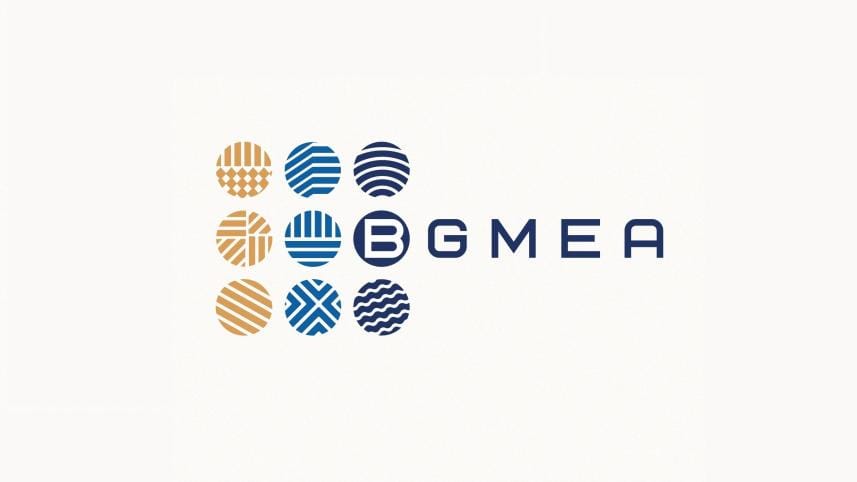BGMEA again calls for duty-free access

The Bangladesh Garment Manufacturers and Exporters Association (BGMEA) recently relaunched an initiative seeking duty-free access to the US market for apparels made from American cotton.
"We met with representatives of the US cotton industry on Wednesday and put forward our demand once again," said BGMEA Vice-President Md Nasir Uddin, who is assigned to negotiate the issue.
He went on to say that they will primarily negotiate with business chambers and trade associations of American cotton and apparel businesses to strengthen their demand among these business circles.
Gradually, the BGMEA's demand will be brought to the local governments of cotton producing states in the US as the proposal would then be heard at a national level, he added.
Bangladesh has long been demanding the US for reduced rates, if not zero-duty benefits, on shipments of apparel items made in the country using cotton imported from the western nation.
"So, we hope to get a positive response as American businesses would also benefit if the initiative goes through, especially considering the ongoing trade tension between the US and China."
At present, local apparel exporters face a 15.62 per cent tariff on shipments to the US.
The US does not allow duty-free access for apparel items sourced from any country in the world, sans those from certain African countries covered by the African Growth and Opportunity Act.
However, Bangladesh could get the benefit this time around as the government has removed the requirement for double fumigation of cotton imported from the US.
Previously, cotton brought from the US would have to be locally fumigated even if the raw material underwent such treatment before being shipped. This created barriers for export as the extra time and costs involved led to delays in completing work orders for nearly the last five decades.
"So, we hope to get a positive response as American businesses would also benefit if the initiative goes through, especially considering the ongoing trade tension between the US and China," Nasir Uddin said, citing how cotton producing states in the US want this facility as well.
The issue was widely discussed by Salman F Rahman, the prime minister's adviser on private industry and investment, and Donald Lu, assistant secretary of the US state department for south and central Asian affairs, during the latter's visit in January.
The initiative was originally taken by former BGMEA President Siddiqur Rahman some five years ago but efforts were halted for various reasons.
"We could even set up spinning mills in cotton growing areas of the US if their government allows. That way, we could churn the yarn ourselves before sending it to Bangladesh, where the material would be made into garments that are exported back to the US," he told The Daily Star.
Rahman is hopeful that Bangladesh will get duty benefits from the US as both sides are holding positive negotiations in this regard.
Mohammad Ali Khokon, president of the Bangladesh Textile Mills Association (BTMA), said local exporters would be able to exploit the US market if given duty benefits seeing as Vietnam is performing strongly in this regard thanks to a free trade agreement with the country.
The BTMA has also been speaking with US cotton traders to arrange such trade benefits as their country is a major supplier of cotton for Bangladesh, he added.
Monsoor Ahmed, additional director of the BTMA, said Bangladesh currently imports 13 per cent of its total cotton requirement, or 8.50 million bales, from the US each year.
He added that cotton imports have been rising rapidly ever since the requirement for double fumigation was removed.
The US is the single largest export destination for Bangladesh. In fiscal 2021-22, Bangladesh exported apparel items worth $9.01 billion to the western nation, registering 51.57 per cent year-on-year growth.
But during the July-February period of the current fiscal year, Bangladesh exported garment items worth $5.60 billion, down 2.87 per cent year-on-year.
Bangladesh faced nearly $1 billion as duty for exporting apparels to the US market last fiscal year.




 For all latest news, follow The Daily Star's Google News channel.
For all latest news, follow The Daily Star's Google News channel.
Comments